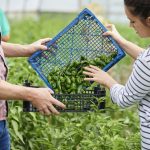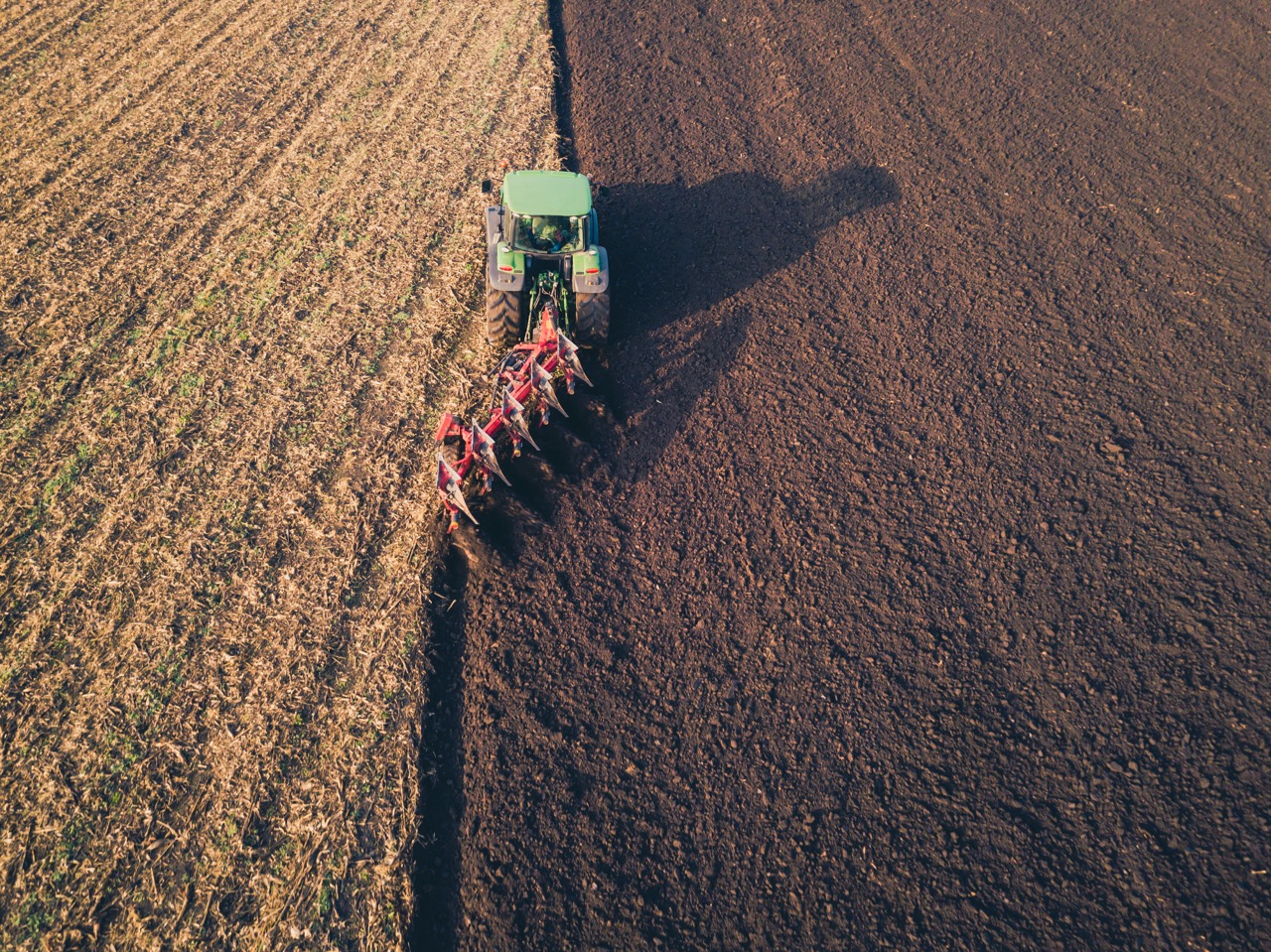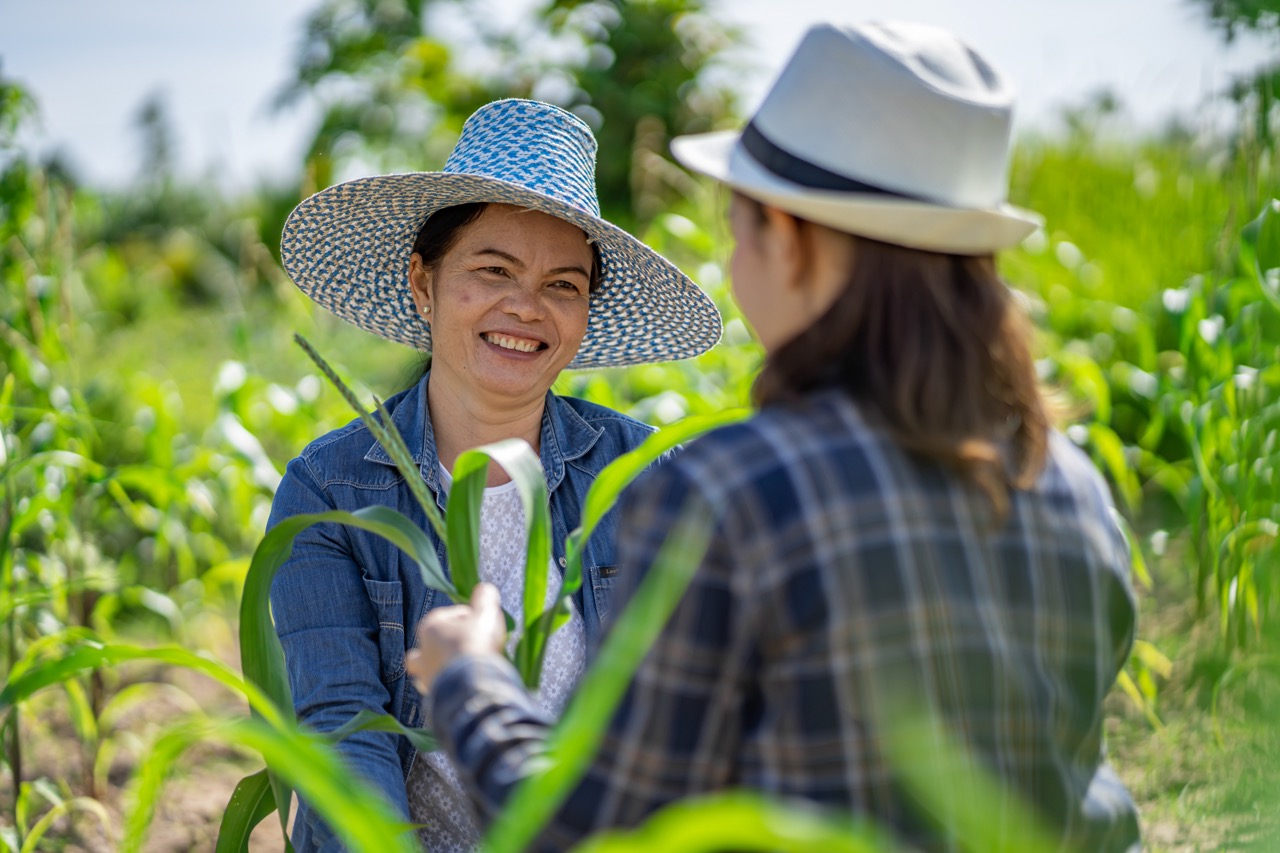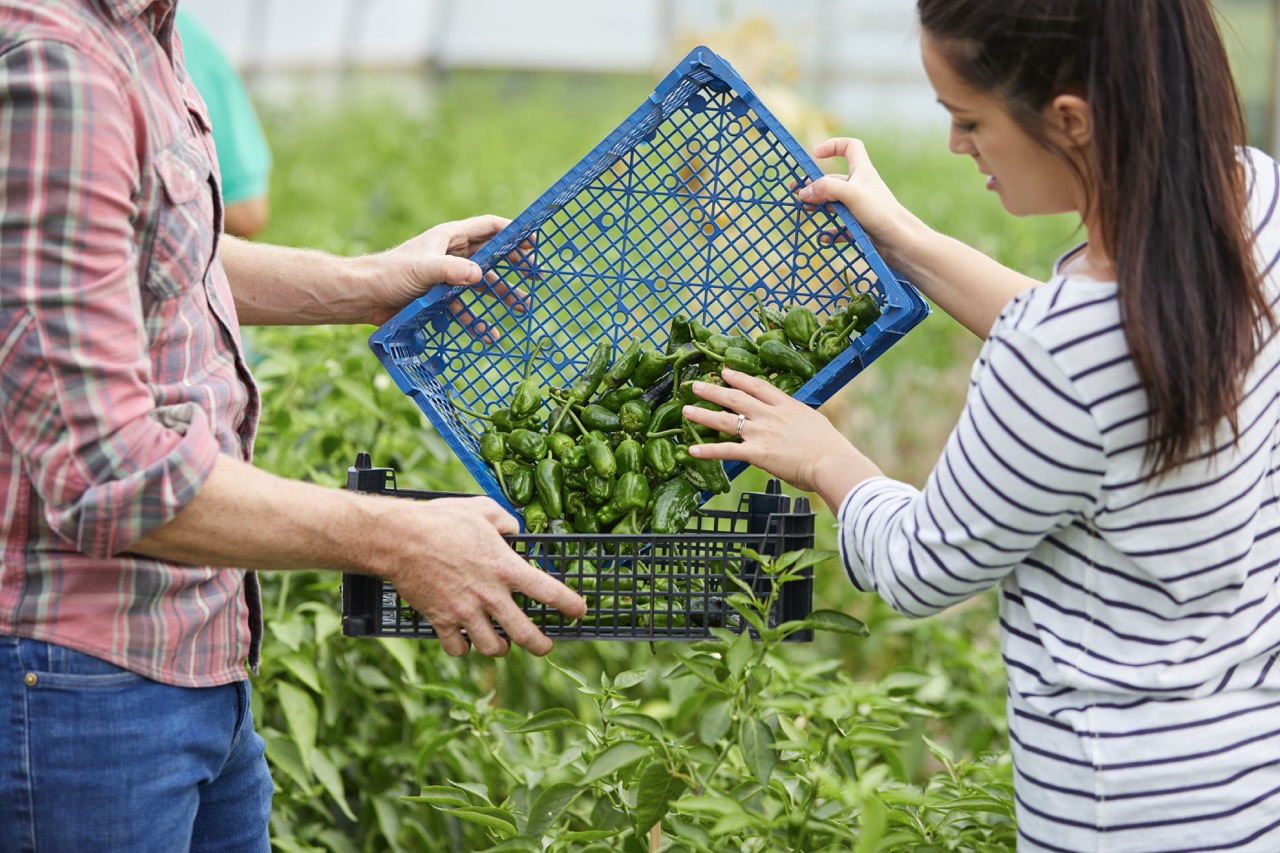In the digital age, sharing your story has never been more accessible or impactful. For farmers, blogging offers a unique platform to document their agricultural journey, connect with fellow enthusiasts, and educate the public about the intricacies of farming. This article will guide you through the essential steps of starting an agricultural blog, from understanding its benefits to choosing the right platform, brainstorming engaging content ideas, and promoting your blog effectively.
Understanding the Benefits of Blogging in Agriculture
Blogging in agriculture allows farmers to share their knowledge and experiences with a broader audience, thereby elevating the importance of their work. Through storytelling, farmers can demystify complex agricultural practices and innovations, making them accessible to consumers who may not be familiar with farming operations. This transparency not only builds trust but also encourages informed discussions about food production and sustainability.
Furthermore, an agricultural blog can serve as a valuable marketing tool. By showcasing your products, practices, and values, you can attract potential customers and collaborators. This online presence can enhance your brand identity, making it easier for you to stand out in a competitive market. Additionally, as your readership grows, you may have opportunities to monetize your blog through sponsorships, affiliate marketing, and product promotions.
Lastly, blogging fosters a sense of community among farmers and agricultural enthusiasts. By engaging with your audience through comments and social media shares, you create a network of support and shared knowledge. This connection can lead to valuable collaborations and partnerships, helping to bolster your own agricultural endeavors and contribute to the larger farming community.
Choosing the Right Platform for Your Farming Blog
Selecting the right blogging platform is a critical step in establishing your online presence. Popular options like WordPress, Blogger, and Squarespace each offer unique features suited to different levels of expertise and design preferences. WordPress is particularly favored for its flexibility and extensive range of plugins, allowing for tailored functionality such as SEO optimization and customizable layouts. On the other hand, Blogger is known for its user-friendly interface, making it an excellent choice for beginners.
When deciding on a platform, consider your specific needs and goals. Are you looking for a simple, no-fuss approach, or do you envision a more sophisticated site with various multimedia components? Assessing your technical skills can also play a role in your choice—while some platforms may require basic coding knowledge, others offer drag-and-drop interfaces that simplify the blogging process.
Additionally, think about the long-term sustainability of your blog. Will the platform you choose allow for growth and scalability? Consider if it supports mobile responsiveness, social media integration, and e-commerce capabilities, especially if you plan to sell products or services through your blog in the future.
Content Ideas to Engage Your Audience and Share Insights
Creating engaging content is essential to keep your readers interested and coming back for more. Start by documenting your daily farming activities—this could include planting schedules, harvesting techniques, or challenges faced during the season. Sharing real-life experiences helps demystify the farming process and allows your audience to connect with your journey on a personal level.
Another effective content idea is to provide educational posts about sustainable practices and innovative farming techniques. This could range from organic farming methods to the latest agricultural technology. By positioning yourself as a knowledgeable source, you can not only educate your audience but also establish credibility within the agricultural community. Consider including case studies or interviews with other farmers to diversify your content and present different perspectives.
Lastly, don’t underestimate the power of visual storytelling. Incorporate high-quality photographs and videos of your farm, animals, and crops to create a richer reader experience. Showcasing your farm’s seasonal changes or special events can captivate your audience and give them a glimpse into the beauty and challenges of agricultural life. Engaging multimedia elements can also increase interaction on social media, driving more traffic to your blog.
Promoting Your Blog: Strategies for Growing Your Reach
Once you’ve established your blog and populated it with quality content, it’s time to promote it to attract readers. Utilize social media platforms like Instagram, Facebook, and Twitter to share snippets from your blog posts and connect with agricultural communities online. Join farming groups and forums where you can share your insights and link back to your blog, fostering organic growth through networking and engagement.
Email marketing is another effective strategy to reach a dedicated audience. Consider creating a newsletter where subscribers receive regular updates, exclusive content, and alerts about new blog posts. This not only helps maintain reader interest but also builds a loyal following that looks forward to your insights and stories. Make sure to include a call-to-action in your posts, encouraging readers to subscribe to your newsletter.
Lastly, consider collaborating with other bloggers or influencers in the agricultural sphere. Guest posting on each other’s blogs can introduce your content to a new audience and foster mutually beneficial relationships within the community. Participating in farming podcasts or webinars can also enhance your visibility and authority in the field, further promoting your blog and expanding your reach.
Starting an agricultural blog is a rewarding endeavor that allows you to share your farming journey while connecting with a broader audience. By understanding the benefits of blogging, selecting the right platform, crafting engaging content, and implementing effective promotional strategies, you can create a meaningful online presence that not only enriches your own experience but also contributes valuable insights to the agricultural community. Embrace the opportunity to share your story, and let your voice be heard in the ever-evolving world of agriculture.








